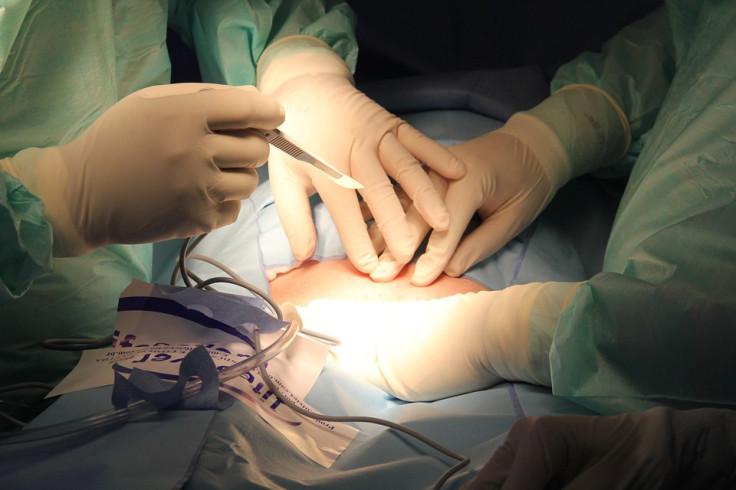Popular weight loss surgery may lead to weakened bones in teens
The sleeve gastrectomy procedure involves removing approximately 75 percent of the stomach in order to restrict the intake of food.
Sleeve gastrectomy, which is a popular surgery for weight loss, may have some harmful effects, and it is the bones that may suffer the most, new research has revealed.
A new study that was presented at the Radiological Society of North America's annual meeting showed that sleeve gastrectomy is the most common form of bariatric surgery performed in adults and children. Dr Miriam A Bredella, vice-chair of the Department of Radiology at Massachusetts General Hospital in Boston, stated that in adults, the surgery may lead to long-term effects on the bone and could result in a higher risk of fractures. The researchers wanted to determine the effects of the surgery in adolescents since the procedure is also being done in teens.
The sleeve gastrectomy procedure involves removing approximately 75 percent of the stomach in order to restrict the intake of food, the goal of which is to induce weight loss. From 2005 to 2014 the number of sleeve gastrectomy procedures that were performed on teens has increased by more than a hundredfold, which makes it more important to determine the effects of the procedure when undertaken during younger years.
The researchers examined 52 adolescents with an average BMI of 45. The average age of the participants was 17.5. Twenty-six of these adolescents had sleeve gastrectomy, and 38 were girls. A year after the surgery, those who underwent gastrectomy lost 34 kg. Those in the control group had no weight change. They also found that the sleeve gastrectomy patients also decreased in bone density in the lumbar spine and also exhibited an increase in bone marrow fat.
Dr Bredella noted that sleeve gastrectomy was indeed successful when it comes to weight loss but it led to negative effects on the bones. The researchers ascertain that there was a loss of bone density, disruption of hormones, as well as the loss of nutrients deemed important to ensure bone health.
She also said that there is a need to identify the mechanisms that will help in preventing bone loss in patients and to bring awareness to adolescents with regard to their bone health. Bredella emphasised that the teenage stage is an important time as bone mass accrual occurs at this stage. Any process, which could interfere at this stage may lead to negative consequences later on.
© Copyright IBTimes 2025. All rights reserved.






















